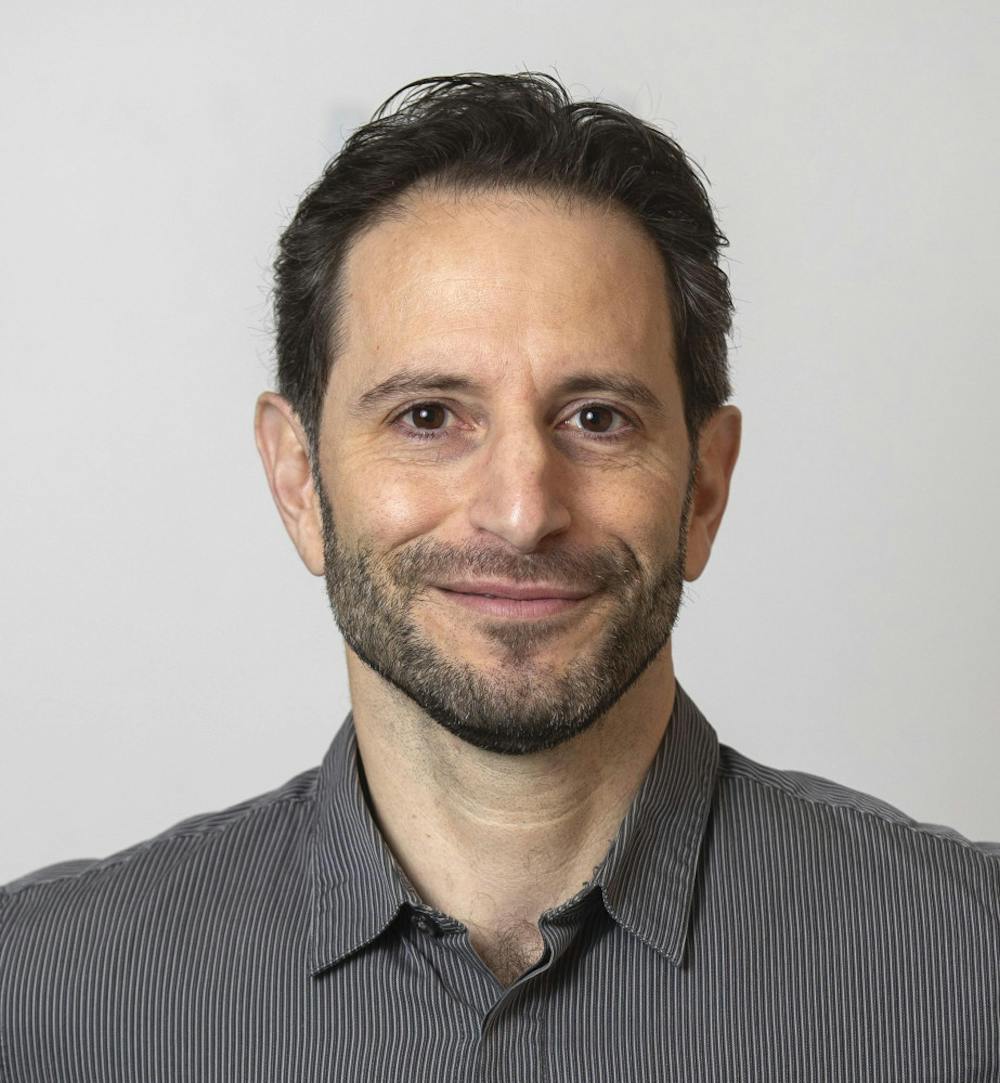Michael J. Frank, professor of cognitive, linguistic and psychological sciences and director of the Carney Center for Computational Brain Science, was named one of two recipients of the Troland Research Award last month.
The $75,000 Troland Research Award is given annually to “honor early-career researchers to further empirical research within experimental psychology,” wrote National Academy of Sciences representative Jenny Lee Agee in an email to The Herald.
To be considered, candidates needed to be nominated and receive several letters of support. Then a selection committee of NAS members with expertise in experimental psychology chose the two award recipients, Agee wrote. While the exact number of candidates is confidential, the “nomination process for the 2021 Troland Research Awards was quite competitive,” Agee added.
“I’m honored and humbled by (this award). I am grateful for all the collaborators and mentors in the past and can’t take all the credit,” Frank said. He added that he is also thankful to the Carney Institute for Brain Science for the nomination.
Frank’s research links computational modeling with experimental psychology to understand the mechanisms that control brain processes. In addition to studying how neural connections work, he also studies how “the systems can break in different ways in neurological and psychiatric conditions.” Moving beyond his theoretical framework, Frank said he hopes to work on projects with incremental, tangible applications that will improve treatments for these brain-related conditions.
With the grant money, Frank aims to pursue pioneering research in the field of computational cognitive neuroscience. “I have a big interest in the link between artificial intelligence and biological intelligence,” he said. “Insights from machine learning and AI have helped us provide context and (understand) what problems the brain might be solving.”
Frank also believes that the “fundamental algorithm people use in their brains at a high computation level” could one day be scaled up and applied to artificial intelligence. “It’s still a lofty goal,” said Frank, but one this funding gives him more freedom to explore.
Frank “is good at coming up with models first,” said Assistant Professor of Neuroscience Matt Nassar, who was once a postdoctoral researcher in Frank’s lab. “It’s a little bit of a different approach, but an effective one for him and the people he’s worked with.”
“He is optimistic … on using computational models to provide better treatment and diagnosis. I look forward to seeing how that turns out,” Nassar added.

Jared is a Senior Staff Writer for Science and Research. He is a senior from Albuquerque, New Mexico studying physiology and biotechnology. Outside of The Herald he likes to fish, ride bikes and research the role of metals in human health and disease.





